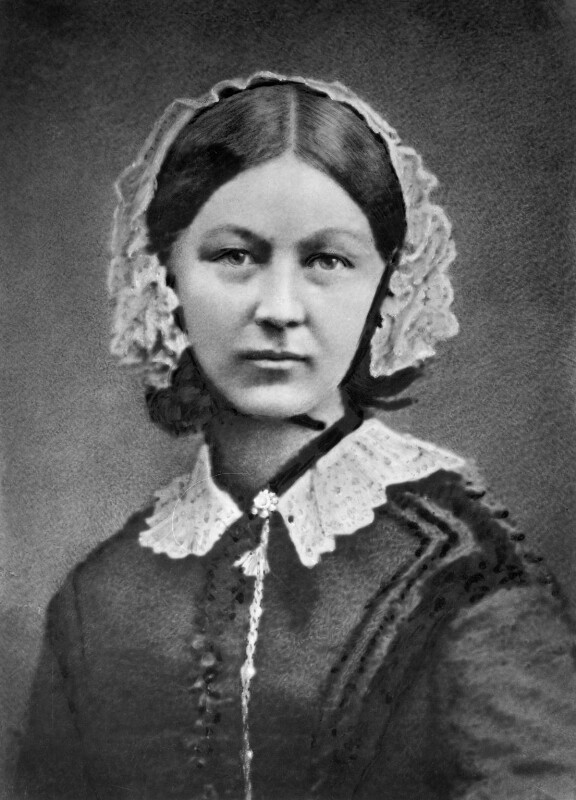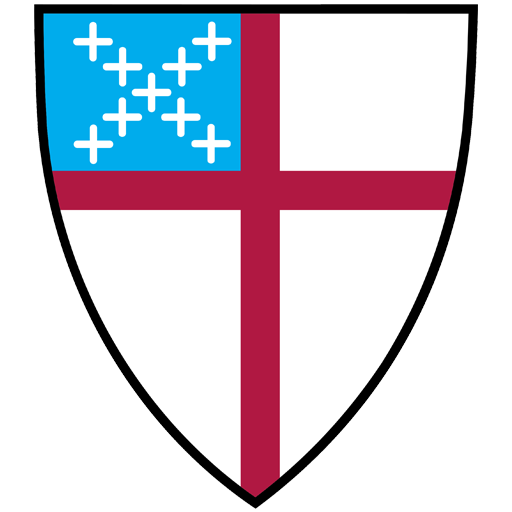Florence Nightingale was born in Florence, Italy, on May 12, 1820. She was trained as a nurse at Kaiserwerth (1851) and Paris and in 1853 became superintendent of a hospital for in-valid women in London. In response to God’s call and animated by a spirit of service, in 1854 she volunteered for duty during the Crimean War and recruited 38 nurses to join her. With them she organized the first modern nursing service in the British field hospitals of Scutari and Balaclava. By imposing strict discipline and high standards of sanitation she radically reduced the drastic death toll and rampant infection then typical in field hospitals. She returned to England in 1856 and a fund of 50,000 pounds was subscribed to enable her to form an institution for the training of nurses at St. Thomas’s Hospital and at King’s College Hospital. Her school at St. Thomas’s Hospital became significant in helping to elevate nursing into a profession. She devoted many years to the question of army sanitary reform, to the improvement of nursing and to public health in India. Her main work, Notes on Nursing, 1859, went through many editions.

An Anglican, she remained committed to a personal mystical religion which sustained her through many years of poor health until her death in 1910. Until the end of her life, although her illness prevented her from leaving her home, she continued in frequent spiritual conversation with many prominent church leaders of the day, including the local parish priest who regularly brought Communion to her. By the time of her death on August 13, 1910, her reputation as a healer and holy person had assumed mythical proportions, and she is honored throughout the world as the founder of the modern profession of nursing.
